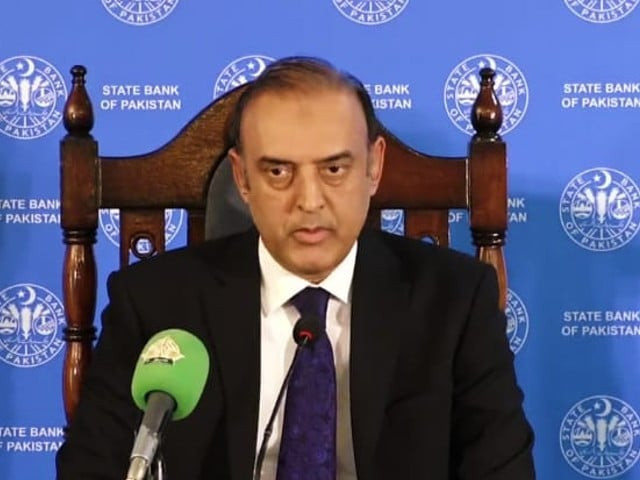SBP maintains key rate at 22%, says inflation still high
Governor Jameel Ahmad says inflation currently at ‘elevated’ level but would ease from March

Pakistan's central bank on Monday held its key rate at 22% for the fifth policy meeting in a row due to elevated inflation levels, the governor of the State Bank of Pakistan (SBP) said.
The decision is the last under a caretaker government before general elections due next week and comes as Pakistan undertakes reforms linked to a $3 billion Standby Arrangement (SBA) with the International Monetary Fund (IMF).
The bank said that the decision was warranted due to "elevated" inflation, but that the rate in January was expected to ease from the previous month when it was 29.7%.
Read more: SBP tightens grip on exchange rates
It forecast that inflation would decline at a faster pace from March and full-year average inflation would be 23-25%.
"SBP opted for a wait-and-see approach during this policy (meeting) and refrained from abruptly starting a monetary easing cycle," said Tahir Abbas, head of research at Arif Habib Limited.
"Economic indicators are gradually improving and inflation is expected to decline significantly from March 2024 onwards, where we believe that (the) SBP is expected to start a monetary easing cycle," he said.
The country's external accounts and foreign exchange reserves have also improved, the current account deficit is expected to shrink, and although inflation remains elevated, it would start declining faster from March, SBP Governor Jameel Ahmad said.
Also read: SBP rules to throttle terror financing
Pakistan's key rate was raised to an all-time high of 22% in June to fight persistent inflationary pressures and to meet one of the conditions set by the IMF for securing the bailout.
While the rescue programme has helped to avert a sovereign debt default, some of the attached conditions, such as raising its benchmark interest rate, increasing government revenue, and increasing electricity and natural gas prices, have complicated efforts to curb inflation and have dampened business sentiment.
Despite negative real rates, the business community had been pushing for a rate cut for some respite amidst economic challenges.


















COMMENTS
Comments are moderated and generally will be posted if they are on-topic and not abusive.
For more information, please see our Comments FAQ